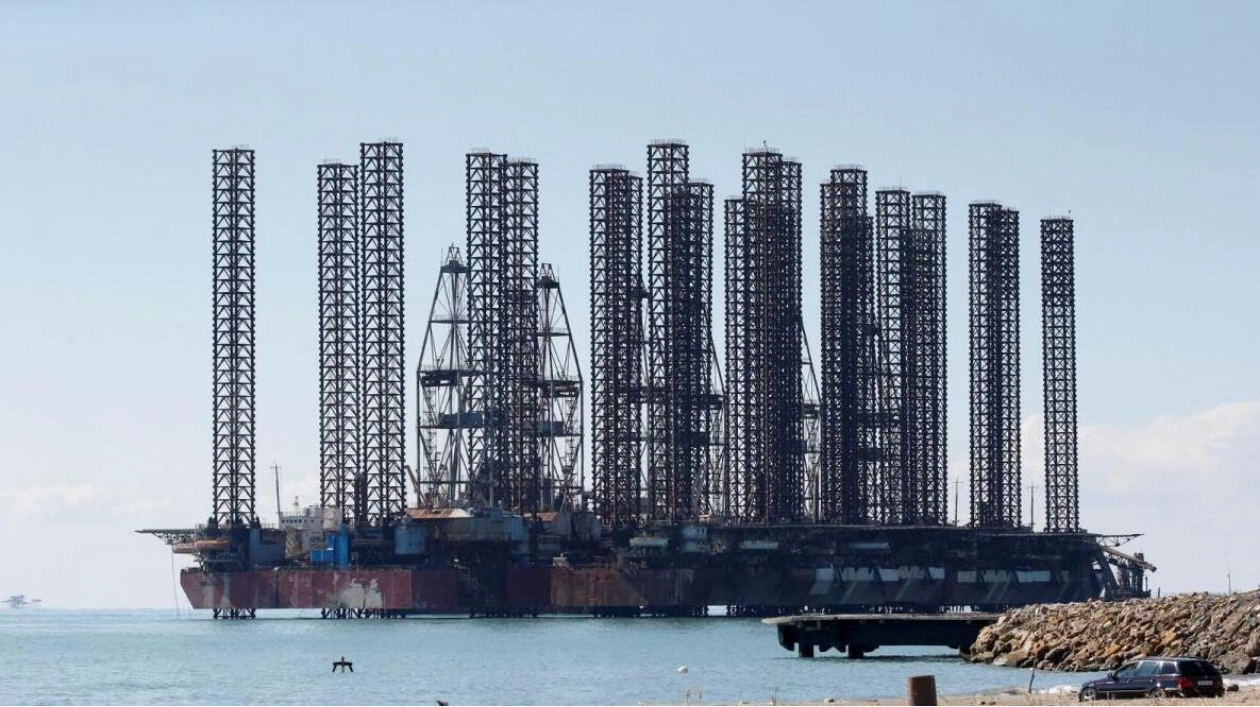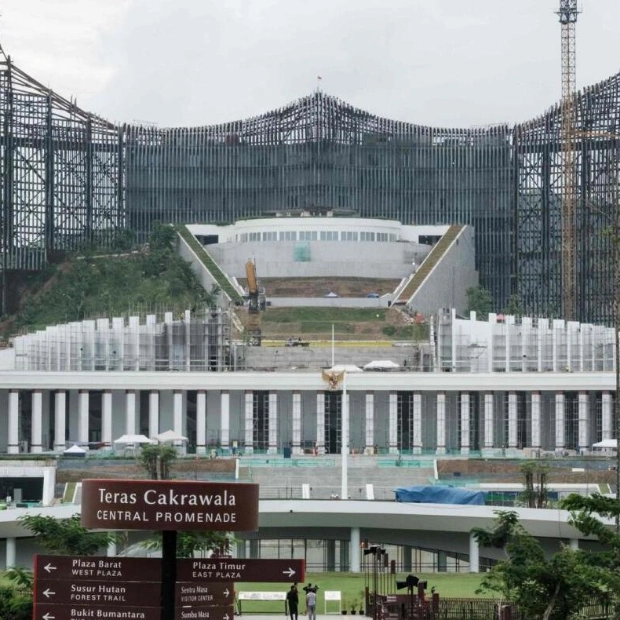Azerbaijan, set to hold early legislative elections this Sunday, is a nation located in the Caucasus region, historically intertwined with hydrocarbons, which form the backbone of its economic revenue. As early as the 13th century, the renowned Venetian explorer Marco Polo documented encountering a flowing 'oil fountain' while journeying through the Silk Road in the Caucasus. The term 'Azerbaijan' originates from the Persian word 'azer', meaning 'sacred fire', a reference to the ancient Zoroastrian temples that burned with natural gas or crude oil seeping from the earth. Presently, near the capital Baku, the Zoroastrian Ateshgah temple continues to house an eternally burning flame, sustained by methane piped from a nearby field, a remnant of gas that once escaped through ground fissures.
Historically, Azerbaijan has been a pioneering region in modern oil extraction; a drilling operation commenced in 1846 near Baku, predating similar activities in the United States. The Nobel brothers, Robert and Ludvig, renowned for the Nobel Prizes named after their sibling Albert, were early investors in Azeri oil, acquiring a refinery and oil fields in 1876. They subsequently established the Branobel company, which rose to become the world's largest oil producer before being nationalized in 1920 under Soviet rule. By the turn of the 20th century, it was estimated that over half of the world's oil was produced from the Absheron Peninsula in the Baku region. Following its independence in 1991 post-Soviet collapse, Azerbaijan's wealth has predominantly stemmed from oil and natural gas, largely sourced from offshore reserves in the Caspian Sea. Hydrocarbons constitute 90% of the country's exports, contributing to half of its state revenue and a third of its GDP, as per data from the International Energy Agency (IEA) and the US State Department. Azerbaijan is recognized by the IEA as a significant producer and exporter of natural gas and oil, with production figures in 2022 reaching 32.7 million tonnes of crude and 35 billion cubic meters of natural gas, over two-thirds of which were exported. The nation ranks among the top 20 net oil exporters and is the 12th largest gas exporter, based on 2022 statistics.
The deepwater Azeri-Chirag-Guneshli (ACG) oilfield complex, discovered in the 1970s approximately 100 kilometers east of Baku, remains Azerbaijan's primary oil source. Operated by British company BP in collaboration with state-owned Socar, this site accounts for more than half of the country's crude oil production, according to BP's 2024 first-quarter operating figures. Despite a decline in oil production since its peak in 2010, Azerbaijan's natural gas production is on the rise. As a member of OPEC+, Azerbaijan advocates for gas as a transitional energy source amidst global efforts to reduce carbon emissions, aiming to boost its production by 35% by 2034. Baku anticipates capitalizing on reduced Russian gas exports due to international sanctions following the Ukraine conflict, positioning itself as a key supplier to Europe via the Southern Gas Corridor pipeline network that traverses Georgia and Turkey, connecting Azerbaijan to Italy. The Shah Deniz gas field, discovered in 1999 in the Caspian Sea about 70 kilometers south of Baku, is one of the world's largest natural gas sites and is operated by BP, contributing to over two-thirds of Azerbaijan's national gas production, as per BP's 2024 first-quarter operating figures.






